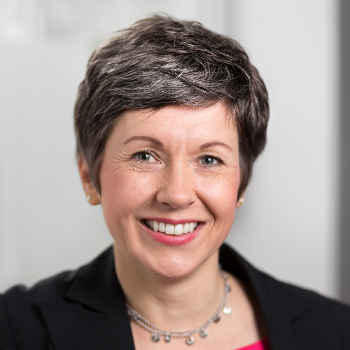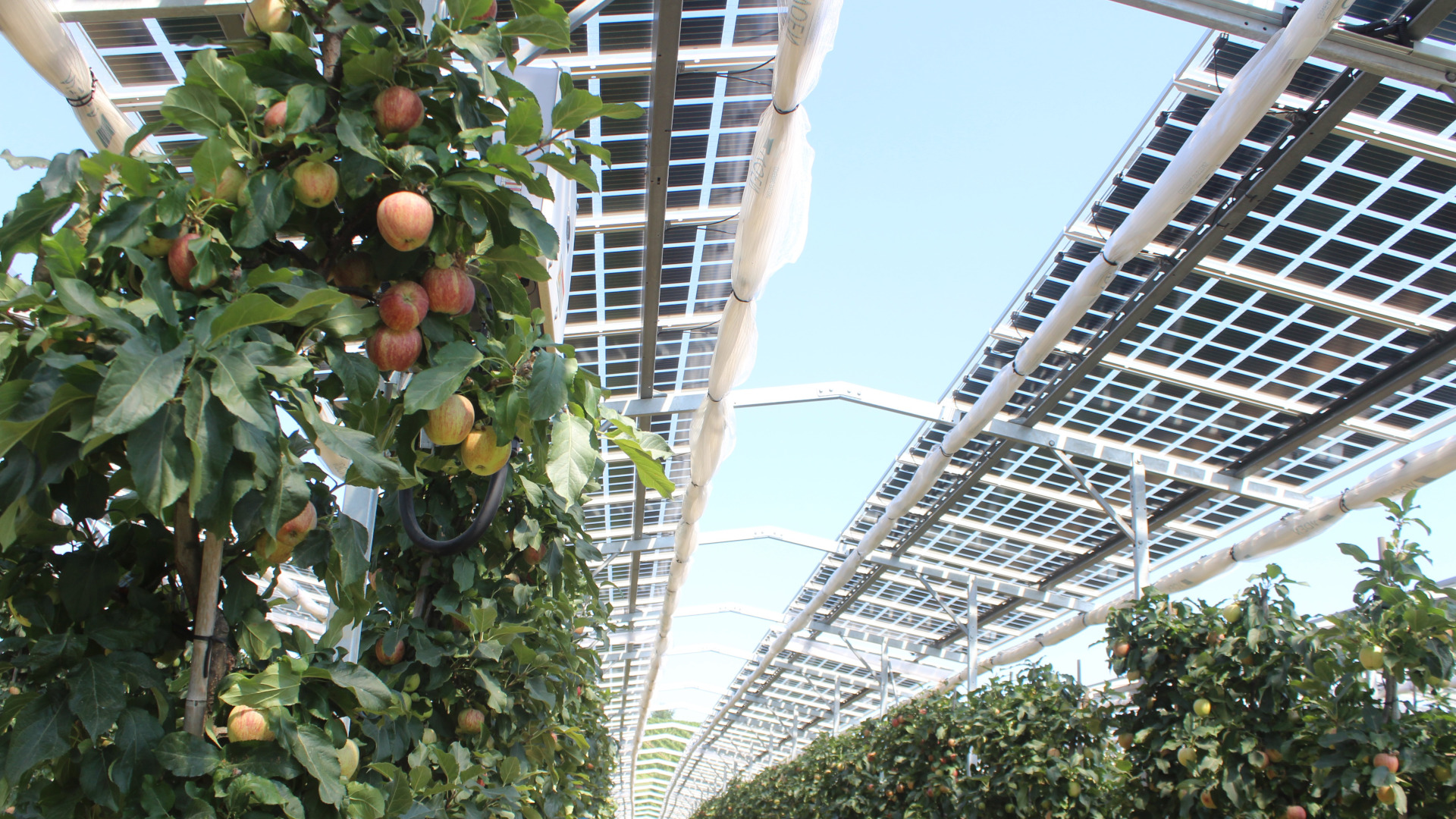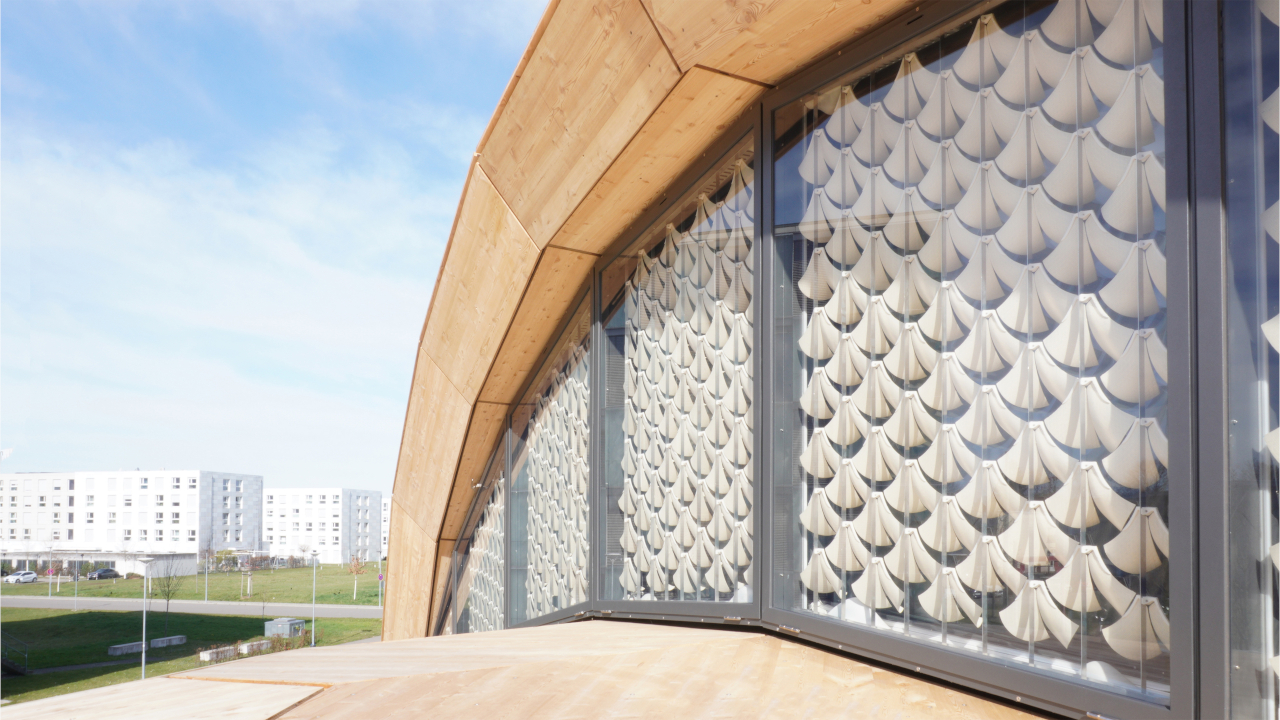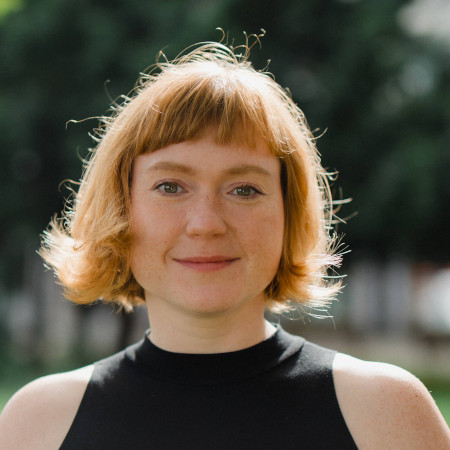Sustainable reed and electricity for the Senegal
Heidi SchillerProfession
Business Administration Graduate
Position
CEO of KAITO Projekt GmbH

Profession
Business Administration Graduate
Position
CEO of KAITO Projekt GmbH

Heidi Schiller and her KAITO Projekt GmbH already introduced electricity from renewable resources to the Senegal. Now they are working to establish local reed as renewable building material.
There are still many places in the world where people have to live without electricity. Until recently, the Senegal was one of those places – until Heidi Schiller and her family business KAITO Projekt GmbH and their small solar panels literally brought light to the villages in West-Africa. Now Schiller is focusing on a new project at the same location: SENtypha. The goal is to establish the local reed (Typha australis) as a renewable building material. To do so, sustainable harvest- and processing techniques have to be introduced. If the project is successful, numerous jobs and a small, self-sufficient industry could emerge.
What prompted you to establish reed as a sustainable building material for the Senegal?
We have been working on and testing the development of ecological building materials made from Typha australis for two years as part of a UNDP-project. The results were very promising, and a realisation in terms of fabrication was the next logical step. Especially since this would also create a number of local jobs as well as added value to the area. However, after being entrepreneurs in the Senegal for over ten years, we also know it’s not going to be an easy task.
What makes the local reed so well-suited as building material?
Typha has a stable fibre structure and good insulating properties, similar to hemp. Its processing into building panels, comparable to straw, is fairly simple from a technical point of view. Thus, tried-and-tested methods could be used immediately. Moreover, it is growing rapidly: approximately 10% growth per year. Even more exciting, however, will be the customer angle – we are entering completely uncharted territory, and the long-time established concrete industry won’t be too happy about it.
How common is your approach of a sustainable economy in the Senegal?
This approach and idea of a sustainable development is noticeable throughout almost all of the organisational levels – albeit less academically driven. Especially when it comes to agriculture and protecting the environment, people are well aware of the issues. Admittedly though, the tools to combat the situation are more limited. This is particularly visible and annoying to me when I think of our misguided EU policies regarding fishing in front of the West-African coastlines or the subsidised export of chicken meat, which is bankrupting the local people.
What does sustainability and sustainable entrepreneurship mean to you personally?
To live sustainably and to manage a business sustainably is a fundamental philosophy. To me it means to protect valuable resources and the environment, and to make sure that new material is growing again – even if it is simply on your own small patch of green. Fair pay worldwide is also a given. We get our daily groceries from regional suppliers and if I have to get somewhere, I either walk, use my bicycle or take public transport. Our children sometimes complain, but they know why we don’t have a car anymore.
What’s next?
It’s still a long road ahead until Typha can be processed and used locally. The goal is to follow that road through to the end, but we will have to acquire business partners in order to make it all the way there. In addition, I’m very happy about the fact that we are focusing more on our original topic of decentralised electricity supply again.
Interview: Judith Reichel


